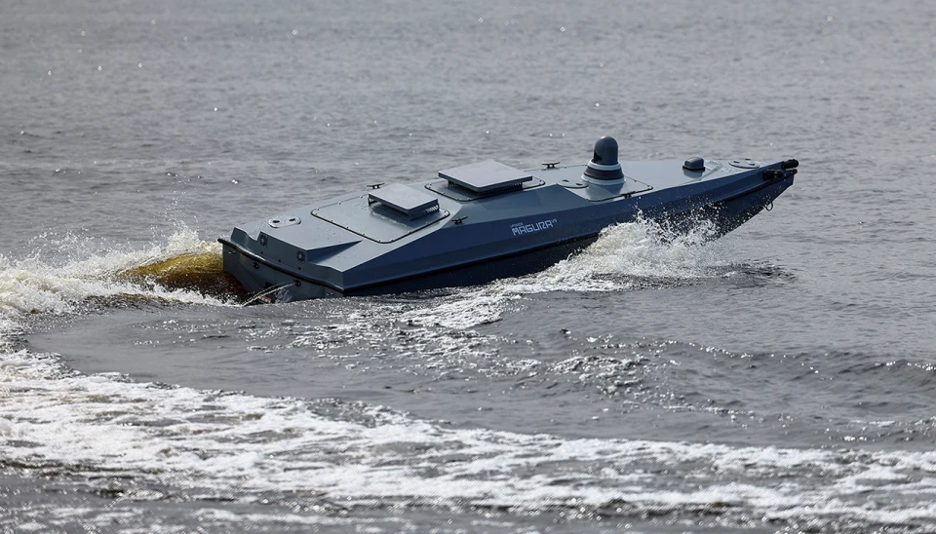By Danish Minister of Food, Agriculture and Fisheries, Jacob Jensen; Estonian Minister for Regional Affairs and Agriculture, Piret Hartman; Finnish Minister of Agriculture and Forestry, Sari Essayah; Latvian Minister of Agriculture, Armands Krauze; Lithuanian Minister of Agriculture, Kęstutis Navickas; and Swedish Minister of Rural Affairs, Peter Kullgren.
As agriculture ministers of the Nordic-Baltic countries, we strongly support Ukraine’s ability to export agricultural products to the EU and world markets. This is crucial for the Ukrainian economy and for ensuring global food security and several EU countries also rely on Ukrainian imports for animal fodder.
JOIN US ON TELEGRAM!
Follow our coverage of the war on the @Kyivpost_official.
Changes to traditional trade flows create new market dynamics, which is unavoidable in a situation where war occurs again in Europe. We have taken several measures to support European farmers in the changed circumstances, adapted the Common Agricultural Policy, and listened to the concerns of European farmers and food producers.
We need to continue working on simplifying the Common Agricultural Policy and helping our farmers prepare for the challenges of the future.
At the same time, we must also maintain our unwavering commitment to Ukraine, including by helping it move closer to the EU by gradually integrating it into the EU market and developing its regulatory framework to be compatible with EU standards.

EU Agrees ‘In Principle’ to Start of Accession Talks with Ukraine and Moldova
The ongoing war in Ukraine, now in its third year, clearly shows that food security can and is already being used strategically by Russia as a weapon.
We must do everything in our power to ensure that Ukraine can continue to export its agricultural products and to prevent Russia from holding Ukrainian food hostage again. This should be a main priority for the EU.
The decision to extend the tariff and quota-free access of Ukrainian agricultural products to the EU market by another year shows that this can be balanced without undermining the European farming sector.
Fortunately, the global market situation for agri-food products is generally entering a more stable period—good news for consumers and global food security—and this is partly due to Ukraine’s success in keeping a shipping corridor along the western part of the Black Sea open for grain exports.
At the same time, we must continue to work to make the Solidarity Lanes through the EU work as smoothly as possible. These alternative trade routes will be especially crucial in case Russia once again disrupts the Black Sea corridor. Functioning supply chains are crucial for global food security, not least in developing countries.
The European Commission has also moved to increase the customs tariffs on grain and grain products from Russia and Belarus so Russia cannot use its exports to destabilise the EU market. That is very positive.
We expect a swift adoption of the Commission’s proposal, as the EU should not support Russia’s war by buying its agricultural products.
Therefore, we should continue our work in this field and explore opportunities to limit the wider exports of farming, food, and fish products from Russia and Belarus to the EU without harming global food security.
You can also highlight the text and press Ctrl + Enter







